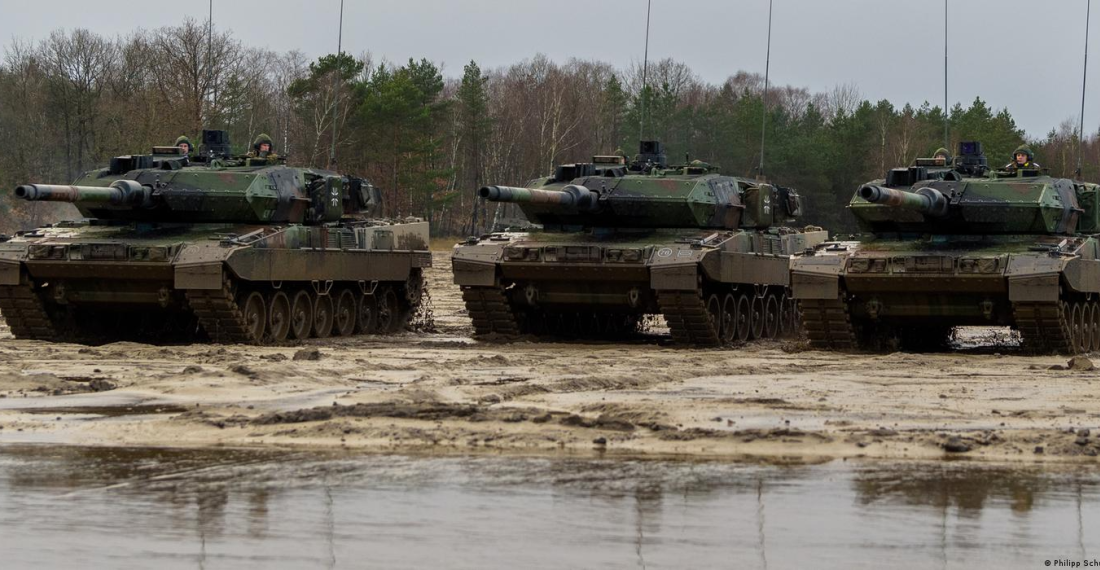After weeks of growing pressure from allies, Berlin has finally announced that it will send 14 of its Leopard 2 tanks to Ukraine. It has also approved the re-export of Leopard 2 tanks from third countries.
Other countries have also pledged to send Ukraine Leopard 2 tanks, including Poland, Norway and Portugal. It has also been reported that Spain intends to send Ukraine the German-made tanks too. Last week, the UK announced that it would send 14 of its Challenger 2 tanks to Kyiv.
In a speech to the German parliament, Chancellor Olaf Scholz said: "This decision follows our well-known line of supporting Ukraine to the best of our ability [...] We are acting in a closely coordinated manner internationally." He added that the training of Ukrainian troops in Germany would begin soon and that Germany would also provide logistics and ammunition.
The announcement comes as the United States is reportedly considering arming Ukraine with its around 30 of its powerful Abrams tanks, and reports of Switzerland intending to lift its ban on supplying Kyiv with arms.
The Leopard 2 first came into service in 1979, has a top speed of 68km/h (42mph), and a maximum range of around 500km (311 miles). They are specifically designed to compete with the Russian T-90 tanks which Moscow has been using during its full-scale invasion of Ukraine.






